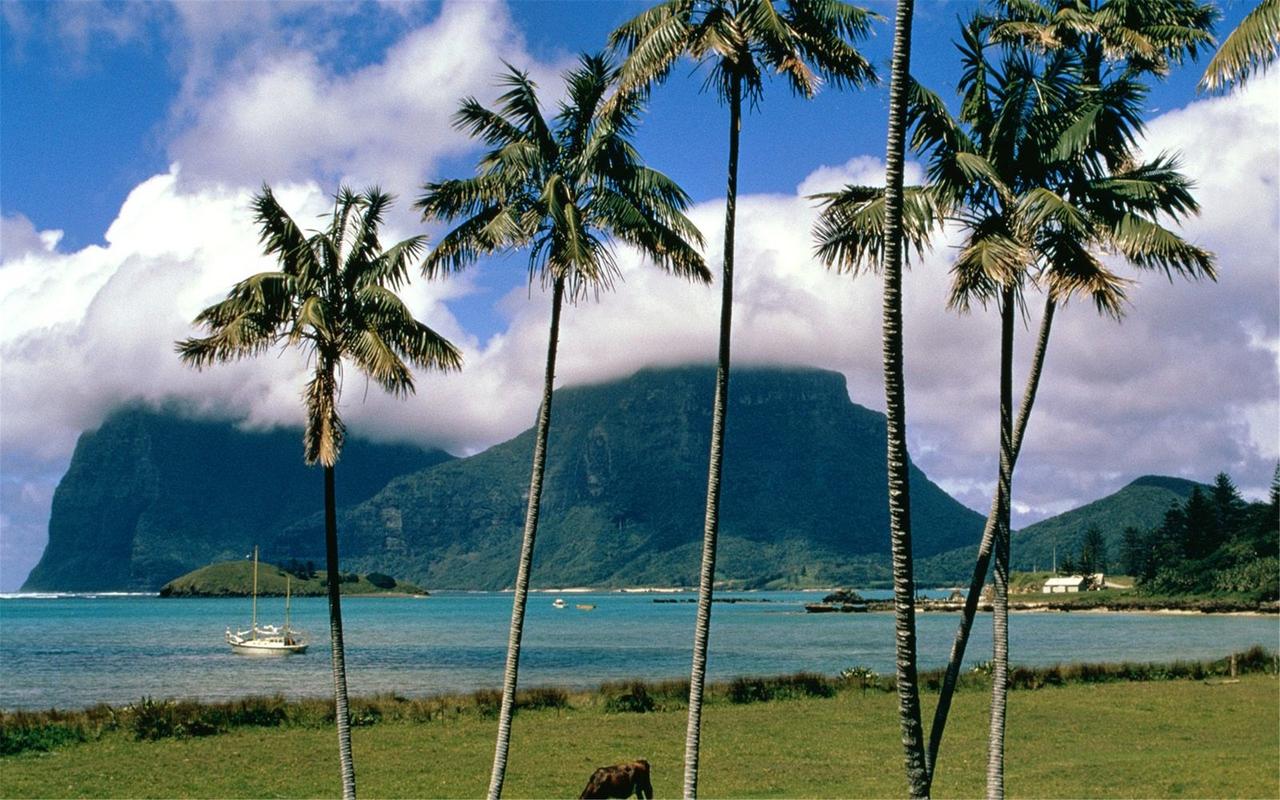Exploring the Depths of the Ocean: The Final Frontier?
The ocean is the largest habitat on the planet, yet we know very little about it.
The ocean covers more than 70% of the earth’s surface and is home to millions of species, many of which we haven’t even discovered yet. It’s also the primary source of food for over 3 billion people and plays a vital role in regulating the earth’s climate.
Despite its importance, the vast majority of the ocean remains unexplored, and what we have discovered so far has revealed a world that is awe-inspiring, mysterious, and deeply fascinating.
One of the challenges of exploring the ocean is its depth. The deep sea is the largest and least explored habitat on earth, with depths reaching up to 7 miles. Here, temperatures are often near freezing, and the pressure is extreme, making it inhospitable for most forms of life.
Despite these obstacles, scientists have made remarkable discoveries in the deep sea, from new species of fish to hydrothermal vents, where life is sustained by the energy produced by volcanic activity.
However, the deep sea is not the only frontier of ocean exploration. Coral reefs, shallow coastal waters, and the photic zone, where light penetrates, are also vital areas of study.
Coral reefs are home to an incredible diversity of species but are also under threat from climate change, pollution, and overfishing. Scientists are working to understand how these ecosystems function and how we can protect them.
Shallow coastal waters are crucial for human activities such as fishing and recreation, but they are also impacted by pollution and human development, leading to habitat loss and species decline.
The photic zone, where light can penetrate, is the most productive area of the ocean, producing more oxygen than all the forests on land combined. Despite its importance, we know very little about the organisms that live here and how they are affected by changes in the environment.
In conclusion, exploring the depths of the ocean is a vast and complex undertaking with many different areas of study. From the deep sea to coral reefs, shallow coastal waters, and the photic zone, there is still much to discover and understand about this incredible ecosystem.
As we continue to explore and study the ocean, we can better understand the impacts of human activities on this vital habitat and work towards solutions that protect and preserve the ocean for future generations.
(Note: Do you have knowledge or insights to share? Unlock new opportunities and expand your reach by joining our authors team. Click Registration to join us and share your expertise with our readers.)
Speech tips:
Please note that any statements involving politics will not be approved.
